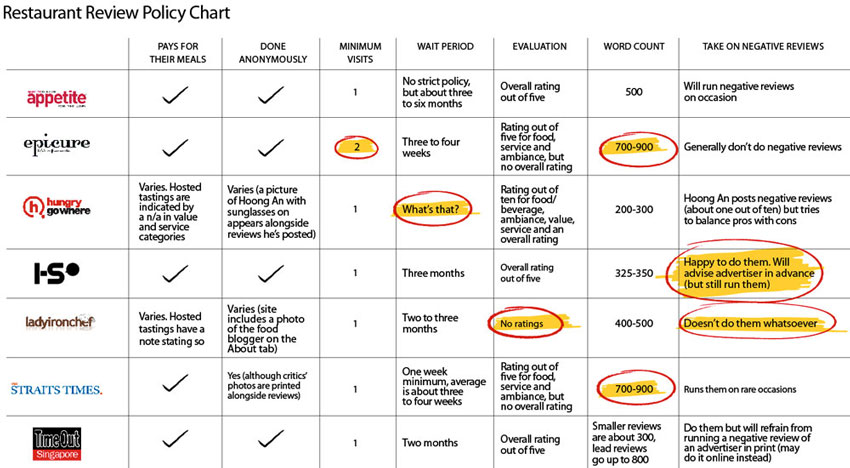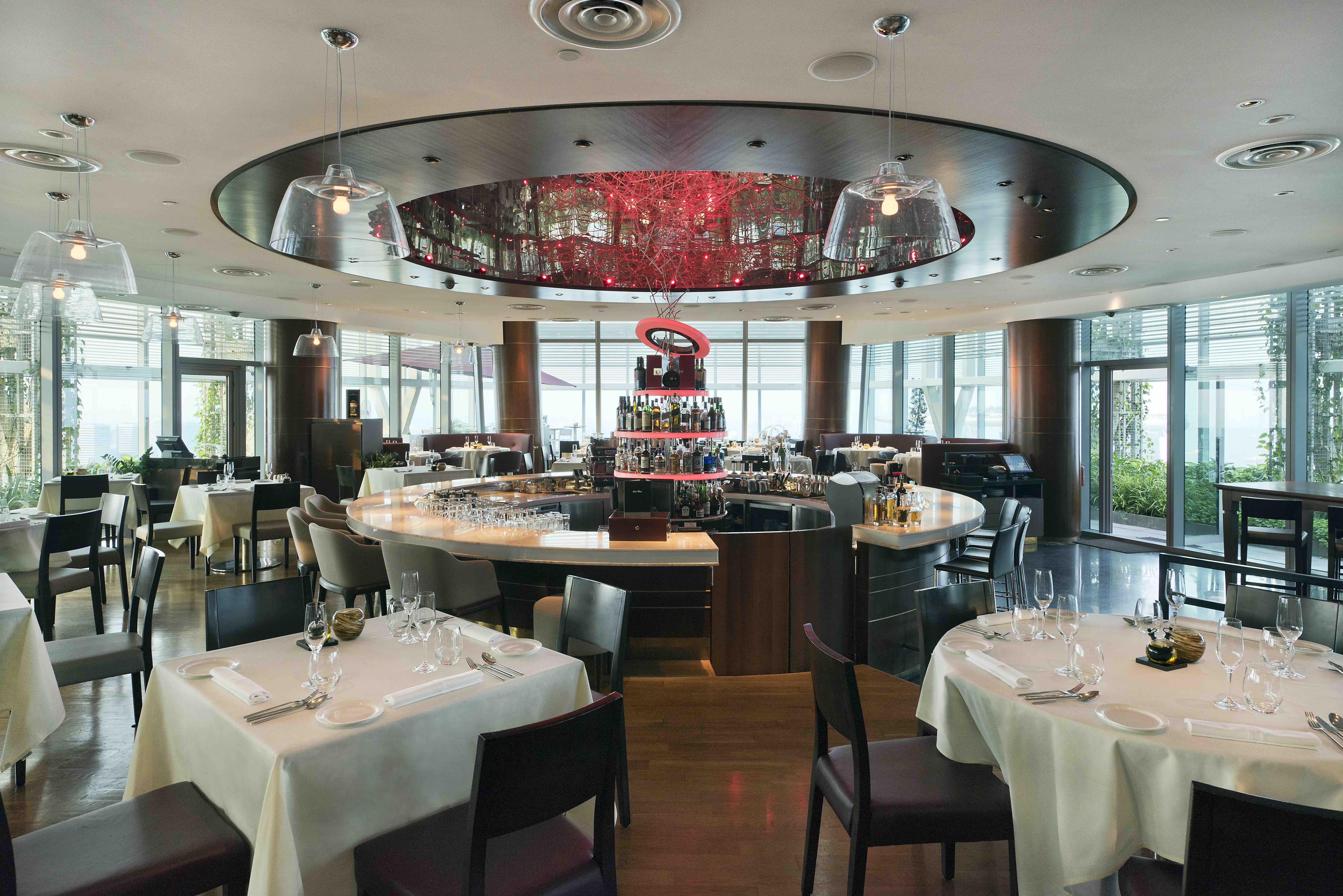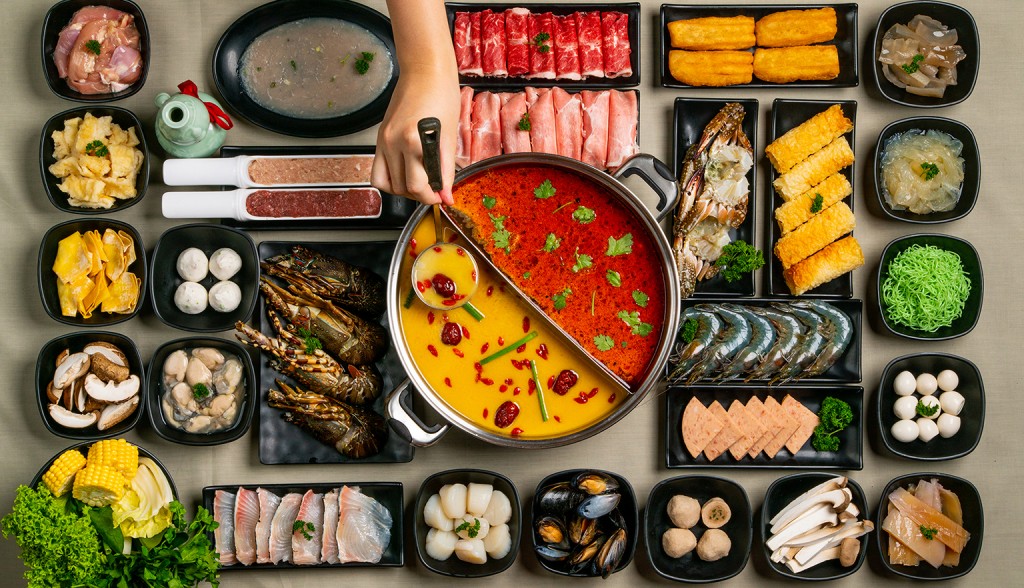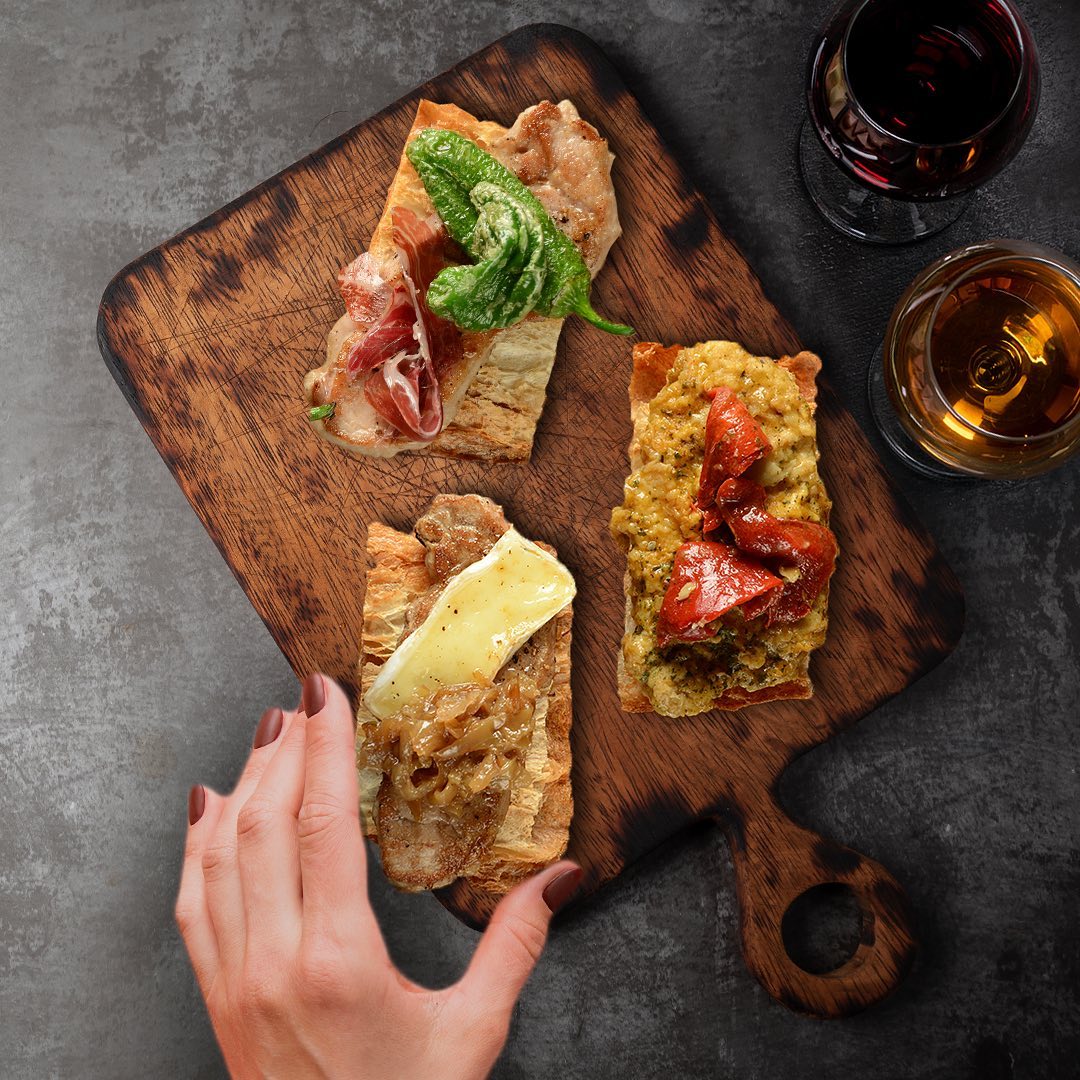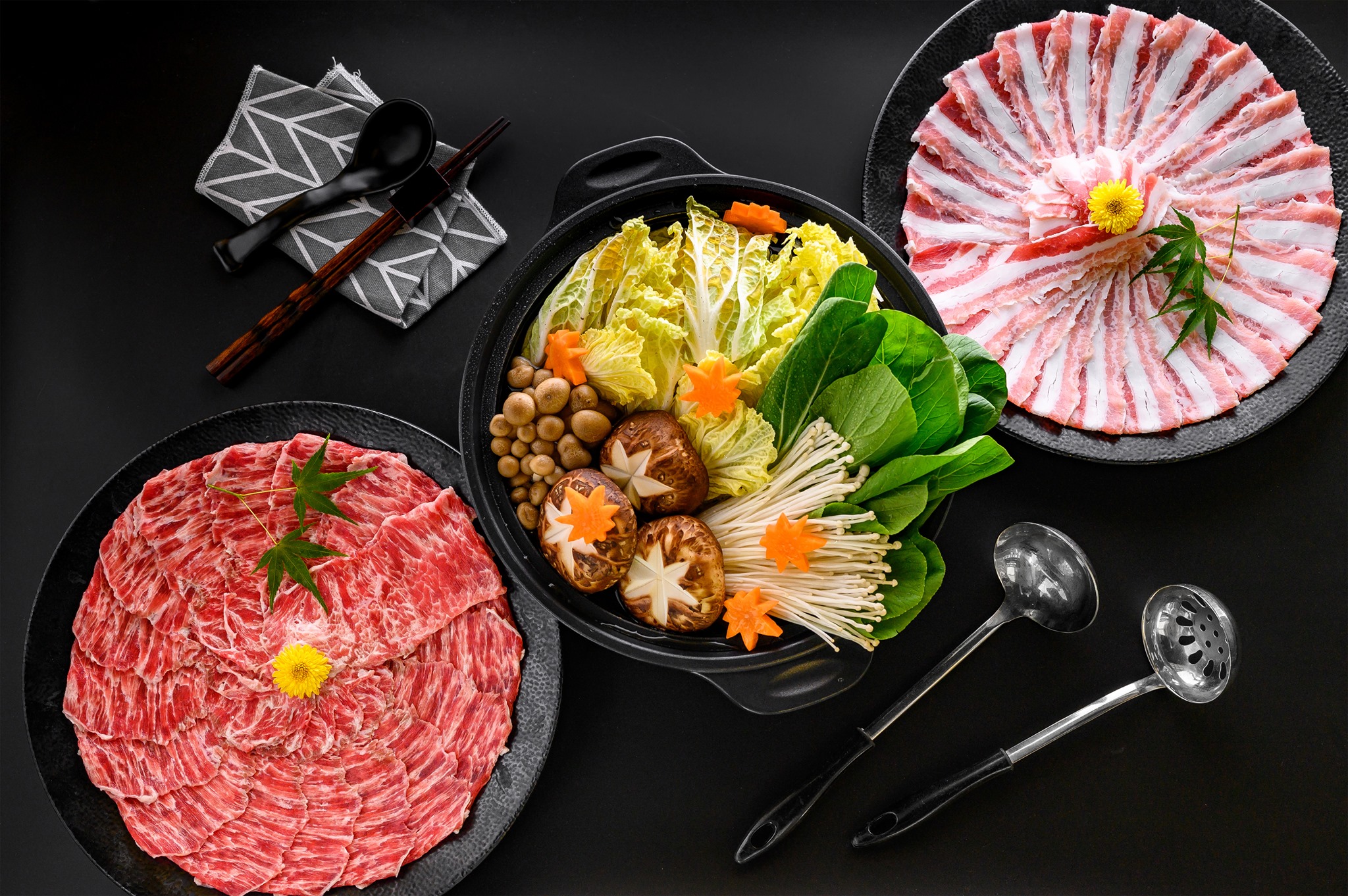There’s no doubt that we’re a nation ruled by our stomachs. All the noise that arises from the topic of food (and our grumbling bellies) is louder than ever and serves as a real testament to our food fixation. The days of the dining climate being dominated and dictated by a handful of professional food critics are long gone. While some of these voices do remain, they’re an endangered species due to the proliferation of dozens of print publications, as well as hundreds of online sources. The question (and it pains us to pose it) is whether we even need professional critics anymore.
What’s changed?
It doesn’t take a rocket scientist (or a blogger) to figure out that the Internet and social media have changed the game. Websites run the gamut from exclusively digital magazine portals to print publications’ online versions. On the social media front, there’s everything from Facebook and Twitter to food blogs and user-powered sites such as HungryGoWhere and Yelp, not to mention the increasingly popular and ever-growing list of apps like Foodspotting, Ness, Nosh, Chewsy, Foodily and Singapore-based Burpple, just to name a few.
The “sanctity” of expressing your opinion on a restaurant in a public space is therefore no longer the sole territory of journalists but something that’s readily available to anyone who desires it. Just about every amateur critic has an audience, whether it’s friends, colleagues and acquaintances via Facebook, fellow users of sites like HungryGoWhere or fans of your oh-so-cool food porn blog. And that means a very real challenge to critics’ most precious asset—their authority.
 To give you a sense in numbers of a trend that shows no signs of letting up, Wong Hoong An (left), founder of HungryGoWhere, says “the social media game is here to stay, so better to deal with it than ignore it. We have over 2,000 restaurant listings and close to 93,000 reviews to date on our site with about 800,000 unique visitors every month.” (By way of comparison, here at I-S we have around 1,400 restaurant listings.) This exponential proliferation of information might well be a good thing for the consumer, with resources and opinions everywhere you look. Then again, how do you know who to trust?
To give you a sense in numbers of a trend that shows no signs of letting up, Wong Hoong An (left), founder of HungryGoWhere, says “the social media game is here to stay, so better to deal with it than ignore it. We have over 2,000 restaurant listings and close to 93,000 reviews to date on our site with about 800,000 unique visitors every month.” (By way of comparison, here at I-S we have around 1,400 restaurant listings.) This exponential proliferation of information might well be a good thing for the consumer, with resources and opinions everywhere you look. Then again, how do you know who to trust?

“By nature, a review’s very subjective,” says Wong Ah Yoke’s (right), Executive Sub-Editor of The Straits Times’ Life!, whom many consider to be the closest thing to a Singaporean Ruth Reichl (the best known of incognito restaurant critics served at The New York Times in the 1990s). “It’s an opinion and everyone’s entitled to agree or disagree. Everyone can be a reviewer, but whether people trust you and agree with your opinion is a different matter. When I write, I’m writing for the reader and try to be as honest as possible; I want to tell them what’s worth going to and what to try or avoid.”

Look who’s talking
There’s always been an unspoken line drawn between the professional writers and everyone else. Increasingly though that line is blurring, if not disappearing altogether: “Why should bloggers be any less legitimate than food journalists?” asks Dr. Leslie Tay (left) of food blog ieatishootipost.sg.
There’s perhaps no easy answer to that question. Celine Asril, Eat Out Sections Editor at TimeOut Singapore feels that, “there’s a place and function for blogs and social media. To me, the main difference about journalists as opposed to everyone else is that the former have been judged by the people who’ve hired them based on their credentials. Plus, they’re answerable. A layman or blogger isn’t monitored in the same way.” In other words, it rests on issues of credibility, professionalism and accountability.
This bears some examination because there’s no doubt that not everyone who’s paid to write about food has the wealth of knowledge about ingredients and cooking techniques (or, for that matter, content, value or public expectation) required to do so. “It’s not that easy to do a food review as you not only need to have as few food biases as possible, you also need to develop your palate and understand if not  know how to cook. All of that allows you to have a more informed opinion,” says Adeline Wong (right), Editor of Epicure (which, incidentally, is the only publication in town to insist on two visits to a venue for a review). Few critics in the local scene have been to culinary school, although clearly being a trained chef isn’t a prerequisite to being able to write intelligently and insightfully about food. When you trust a critic, it’s usually because they’ve proven themselves over a period of time. Online is a rather different beast. “Some people think there should be a code of ethics that bloggers should adhere to, but it’s the wild wild west,” says Tay.
know how to cook. All of that allows you to have a more informed opinion,” says Adeline Wong (right), Editor of Epicure (which, incidentally, is the only publication in town to insist on two visits to a venue for a review). Few critics in the local scene have been to culinary school, although clearly being a trained chef isn’t a prerequisite to being able to write intelligently and insightfully about food. When you trust a critic, it’s usually because they’ve proven themselves over a period of time. Online is a rather different beast. “Some people think there should be a code of ethics that bloggers should adhere to, but it’s the wild wild west,” says Tay.
And then there’s the people who aren’t claiming to be experts, just regular folk who have an opinion about food and aren’t afraid to share it, whether it’s via Facebook, HungryGo Where or old-fashioned word of mouth.
The great divide?
The tools of the trade are clearly rather different for print and online. Says HungryGoWhere’s Hoong An, “For us, the approach is a ground-up one focusing on short, concise reviews with recommended dishes. Print’s different in that aside from a top-down approach and knowing your stuff, you also need to be more specific about details and provide context and background about the chef and restaurant. We’re about giving an alternative option to the public with the voice of the masses, where your peers are eating and what they think.”

Food blogger Brad Lau (left) of www.ladyironchef.com, while saying he favors “a mix of words and photos to complement each other,” admits, he focuses on photos “As they’re very important and make a big difference for my readers.” In today’s visually-driven world, people do increasingly seem to be looking for quick, easily digestible bits of info and less so lengthy essays extolling all the wondrous intricacies of a dish.
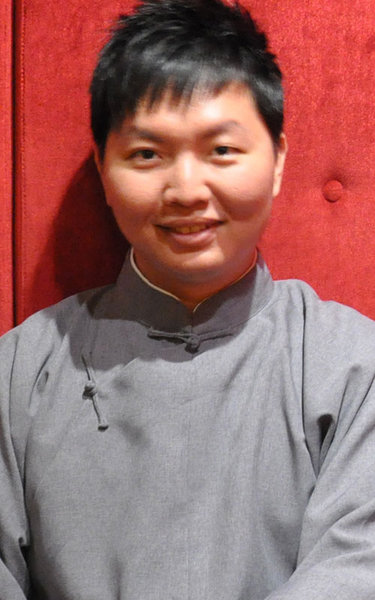
Kenny Leong (right), Senior Writer at Appetite is blunt about the shortcomings of such an approach: “Singaporean food bloggers are more photographers than they are writers. It’s just an online food diary,” he says. “HGW is more an outlet for people who want to be heard, with no real thought process or accountability. I suggest taking those reviews with an extremely large grain of salt.”
What though if “those reviews” are from sources we know and trust? Our favorite online restaurant booking site Chope (see our Guide to Singapore’s Restaurant Booking sites for more), recently did a street survey of 100 people and 80% said they pick restaurants primarily due to friends’ recommendations. This clearly signals that despite the ostensible “lack of credentials,” many of us trust our friends and their opinions. In this flood of too many voices, it seems we’ve become even more sceptical than before and social search and old-fashioned word of mouth are now what we rely on to make decisions. After all, you don’t have to worry about friends having a vested interest in making a recommendation or worry about what their review policy is.
Food for thought
Certainly there’s no industry standard when it comes to such policies—and it’s possible that consumers are turned off as a result. Everyone has a different notion about how long you should wait before reviewing an eatery, how many visits are required and what to do about negative reviews, and that’s just for starters (see chart below).
To further cloud the issue, there’s the question of hosted tastings. We’ll let you in on a secret, it’s not just bloggers that do but journalists too. The practice of accepting a free meal in exchange for a “review” is not unheard of and not everyone is transparent about their stand.
We’ll tell you frankly then, we at I-S do accept media invitations to hosted tastings not with the intention to “review” them but to get a sense of a place and gather information, and yes, many do make it into our magazine as write-ups such as Open Door (this week’s example: Forest). But we never, ever accept media tastings when it comes to restaurant reviews. Our policy has always been to go to restaurants anonymously and pay for our own meals, so as to evaluate an establishment fairly and best represent what an everyday reader might experience on their visit. What—if anything—that counts for in this new environment, we’re still not entirely sure.
Also worth addressing is the issue of negative reviews. We’ve done some research and there really aren’t that many of those floating around, both online and in print. Many bloggers actively stay away from writing them, citing the mantra “if you have nothing nice to say, just don’t say it,” but perhaps that has to do with a real risk of being sued. You’ll find that’s less so with HGW and Trip Advisor, perhaps that’s thanks to human nature (we’re more likely to complain if we’ve had a bad experience than take the time and effort to write something nice), but you also have the issue of shilling and competing restaurants posing as users of these sites to slag each other off.
And perhaps speed trumps everything else—being the first to tell your friends about something is the world’s current social currency. Hoong An explains, “the reality is that the more popular bloggers are the ones that get it out first.” Plus, haven’t journalists been trained to get the scoop and beat their competitors in the process? Most of the journalists we spoke to concur that you need to give a place some time to find its feet, what they can’t agree on is how long (our own policy is three months).
“You should be able to deliver once you open, but from experience, I’ve learnt not to go in the first week as there are bound to be teething problems in either the kitchen or front of house. The difference of just a week can be quite stark,” says Ah Yoke.
That sentiment is echoed by Leong who believes that two months is a fair amount of time. At the same time, he concedes that “the one-off visit is a moot point. As a normal paying customer, I’ll go to a place once and if it was crap, I won’t go back. As far as I’m concerned, once you open your doors, you’re essentially telling the world you’re ready for service, although I grant that there’s some room for leniency, but not much.”
What restaurant folk think
On the receiving end of things, Eddie Han, owner of Keystone Restaurant, states, “I’m a perfectionist. Paying customers deserve the very best from Day One, forget a grace period. I apply the same philosophy to my restaurant and expect the same when I eat at others.” We think Han’s an exception, especially as far as restaurant folk are concerned.
 Perhaps something for restaurants to think about if they want to be cut some slack is a different way of doing things. Jennifer Russo (left), Corporate Communications Manager of The Lo & Behold Group, suggests “something that’s not practiced is a preview/pre-opening menu where a restaurant that wants some practice offers a more compact menu and 10-20% off the food like it’s done back in places like NY. In those cases, it’s more acceptable to afford some leniency.”
Perhaps something for restaurants to think about if they want to be cut some slack is a different way of doing things. Jennifer Russo (left), Corporate Communications Manager of The Lo & Behold Group, suggests “something that’s not practiced is a preview/pre-opening menu where a restaurant that wants some practice offers a more compact menu and 10-20% off the food like it’s done back in places like NY. In those cases, it’s more acceptable to afford some leniency.”
The one thing everyone can agree on at the end of the day is it really is entirely up to the reader to decide what they think. “People go to more than one source for information, so it’s about finding someone whose taste is closer to your own,” says Ah Yoke. In the crowded, chattering bar that is Singapore’s foodie scene, it increasingly looks like that someone is the straight-talking friend stood next to you.


